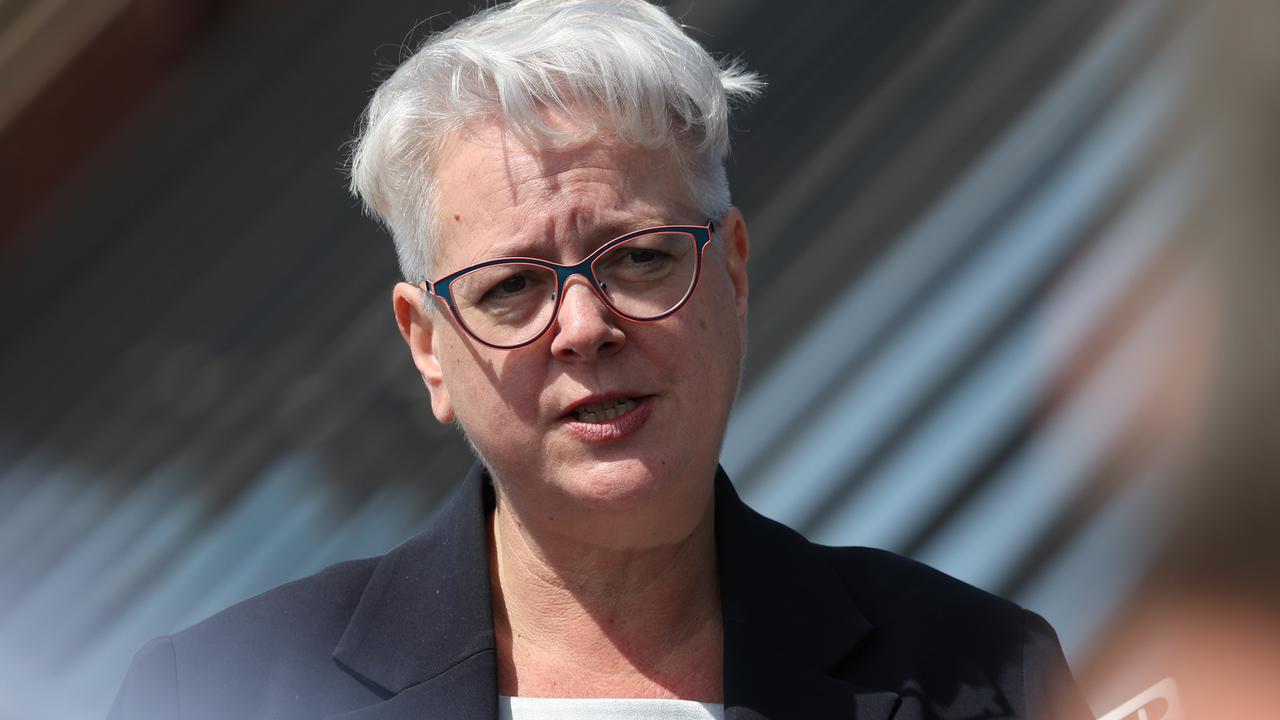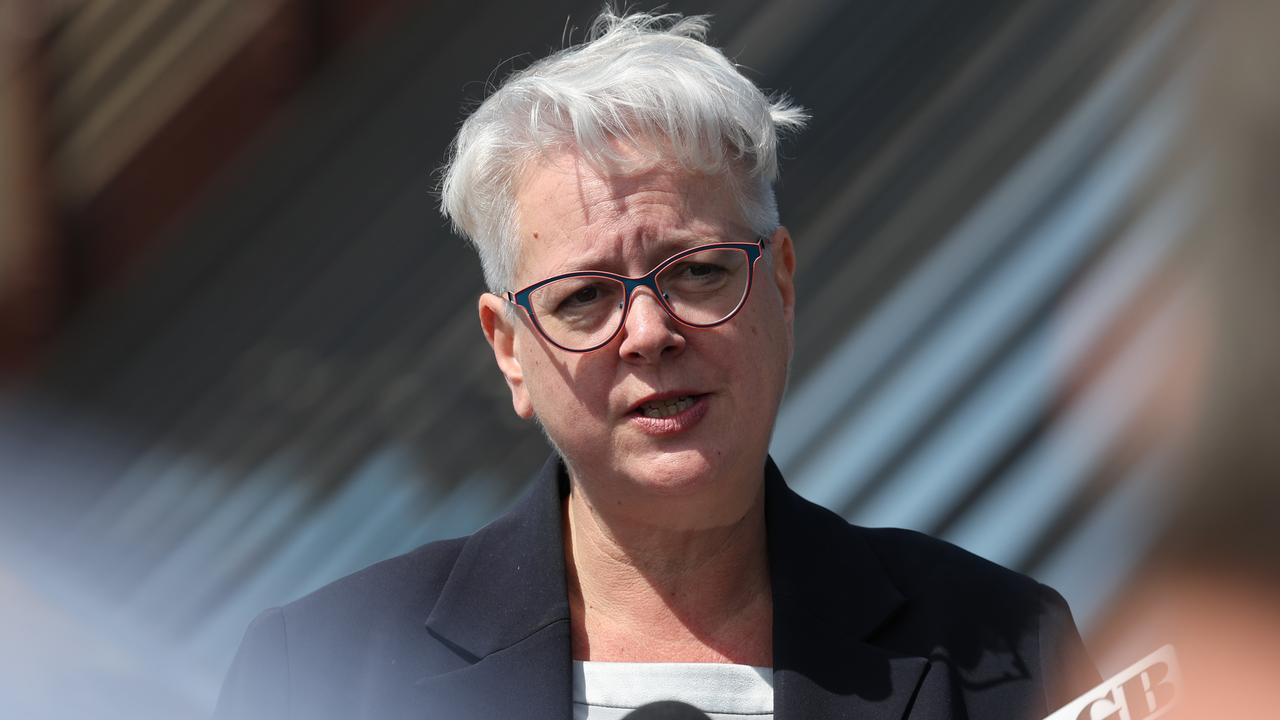NSW passes climate change Bill to legally commit to 2050 net-zero target
One state will be legally required to halve its carbon emissions by 2030 and reach net zero by 2050 in new laws passed on Thursday.

NSW will be legally required to reach net-zero carbon emissions by 2050, and halve their emissions by 2030, in legislation that passed both houses of parliament on Thursday.
Amendments pushed for by the Greens and opposition added an extra target to reduce emissions by 70 per cent by 2035 compared with levels reported in 2005.
While the interim goal was part of the targets put forward by the former Coalition government, Labor was criticised for removing the target in its first draft of the Climate Change (Net Zero Future) Bill 2023.
The Bill will also establish an independent net-zero commission to monitor and report on the state’s progress towards reaching net zero. Currently, NSW has reduced its emissions by 18 per cent compared with 2005 levels.
The commission, which will be the strongest climate body of its kind in Australia, will be tasked with producing an annual report to parliament and making recommendations to the government on how it can address climate change.

Environment Minister Penny Sharpe said the legislation reflected the government’s commitment to “take serious action on climate change and keep this government and future governments accountable” on reaching the targets.
“This Bill provides the framework for NSW to embark on the essential journey to net-zero emissions and resilience to climate change. It shows business and industry they are not alone in responding to this challenge,” she said.
“I welcome the discussion and cross-party support that has led to this point and look forward to accelerating the transition to renewable energy that will deliver cleaner and more affordable energy to households and businesses.”
While the Bill was supposed to be passed in the lower house on Wednesday night, two extra amendments, including a comma that needed to be changed to a full stop, required the legislation to be returned to the upper house on Thursday morning.
“Well-drafted legislation is very important, grammar is important, the PCO (Parliamentary Counsel’s Office) has saved us from ourselves,” Ms Sharpe told the upper house.



